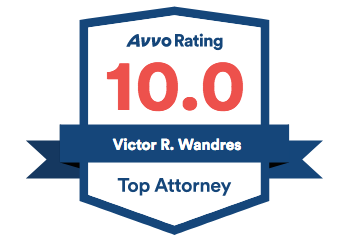New 11th Circuit FDCPA Ruling – SHOUP v. McCURDY & CANDLER, LLC
The Court of Appeals for the 11th Circuit recently issued its ruling in SHOUP v. McCURDY & CANDLER, LLC.
Ms. Shoup filed sued the law firm McCurdy & Candler, LLC alleging a violation of the Fair Debt Collection Practices Act. When the district court dismissed her complaint, Ms. Shoup appealed the decision, contending that her complaint stated a valid claim for statutory damages under the FDCPA because the law firm’s initial first letter to her falsely stated that its client, Mortgage Electronic Registration Systems, Inc. (MERS) was Shoup’s “creditor.”
It was Ms. Shoup’s position that MERS was not a “creditor” as defined in the FDCPA because it did not offer or extend credit to Ms. Shoup and that she did not owe MERS a debt. Instead, Ms. Shoup argued that MERS is “a company that tracks, for its clients, the sale of promissory notes and servicing rights.” Ms. Shoup, therefore, contended that the law firm violated the FDCPA by falsely stating in the initial communication letter that MERS was Shoup’s “creditor.”
The 11th Circuit agreed with Ms. Shoup. The FDCPA defines a “creditor” as “any person who offers or extends credit creating a debt or to whom a debt is owed, but such term does not include any person to the extent that he receives an assignment or transfer of a debt in default solely for the purpose of facilitating collection of such debt for another.” 15 U.S.C. § 1692a(4). Under the FDCPA, “[a] debt collector may not use any false, deceptive, or misleading representation or means in connection with the collection of any debt,” 15 U.S.C. § 1692e. False representations include “[t]he use of any false representation or deceptive means to collect or attempt to collect any debt or to obtain information concerning a consumer,” 15 U.S.C. § 1692e(10).
According to the 11th Circuit, the mere misidentification of a company as a creditor when they are actually not a creditor as that word is defined by statute is enough to maintain an action against a debt collector law firm for actual damages.
If you’ve received letters or voicemail messages sent by debt collectors or law firms trying to collect debts, SAVE THEM. Contact Paramount Law to for a free consultation regarding whether the letter they sent to you is in violation of the law.



